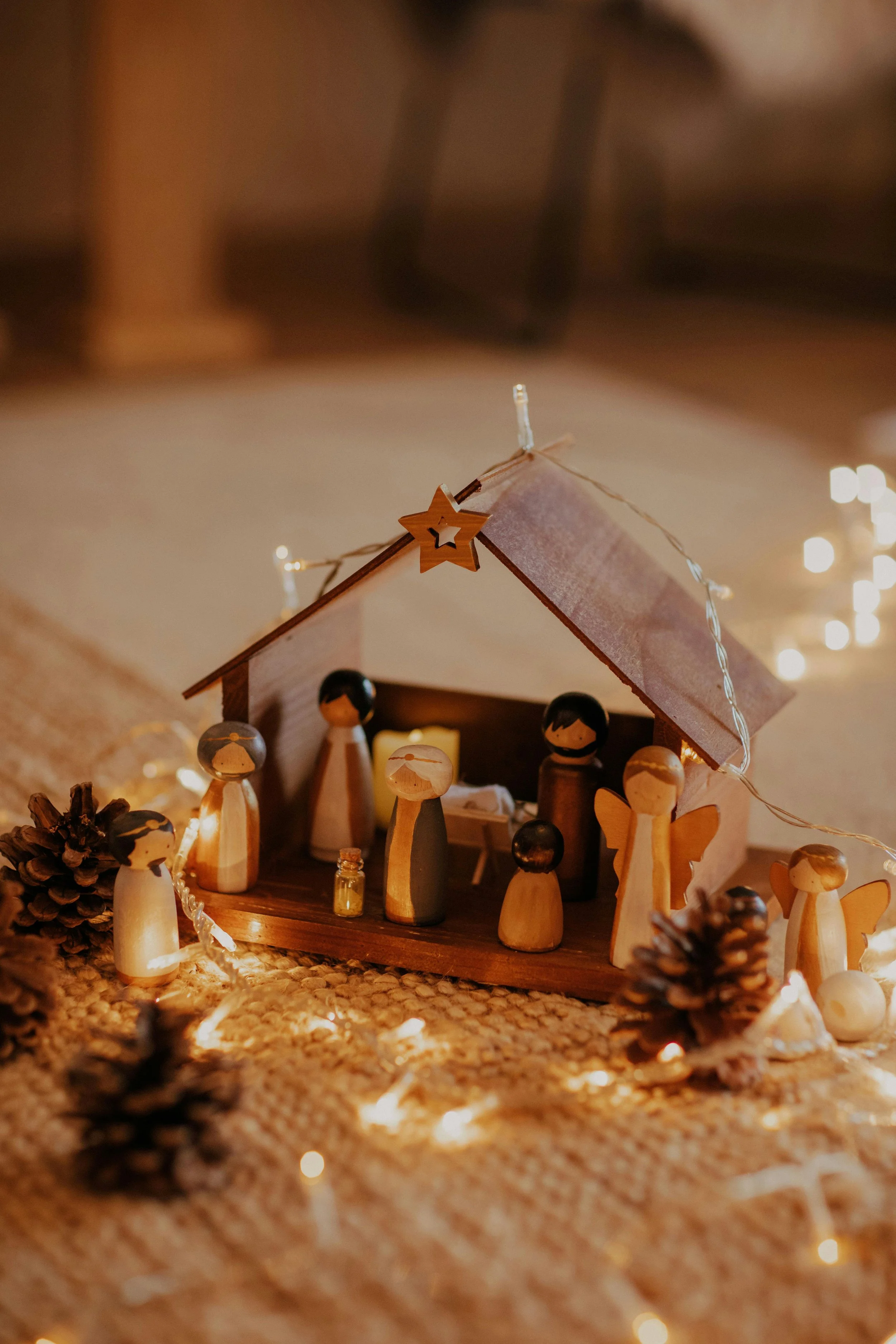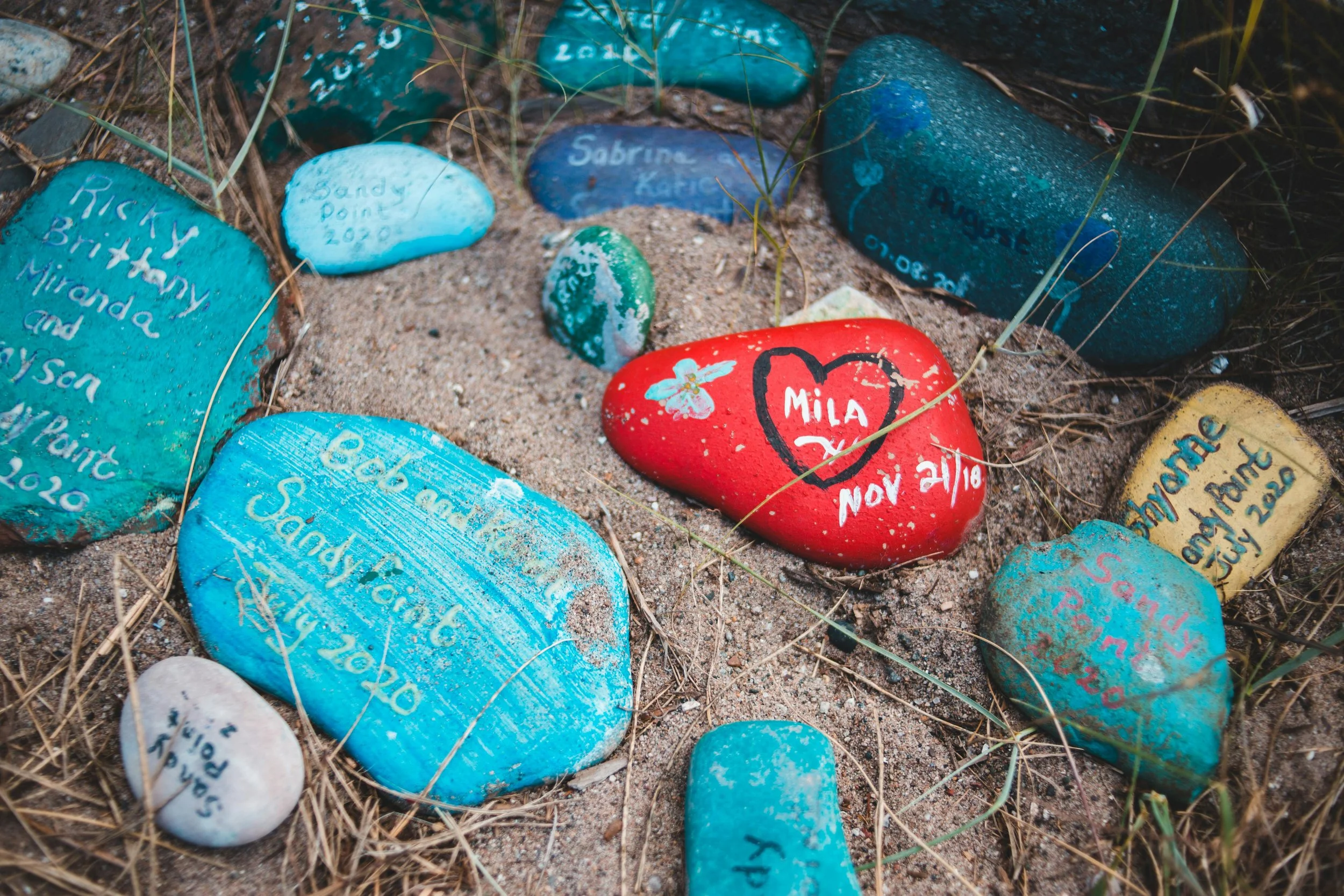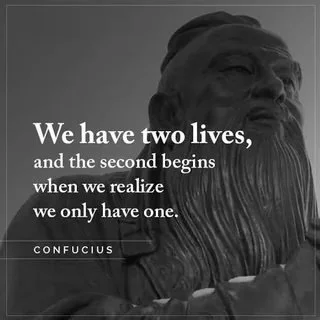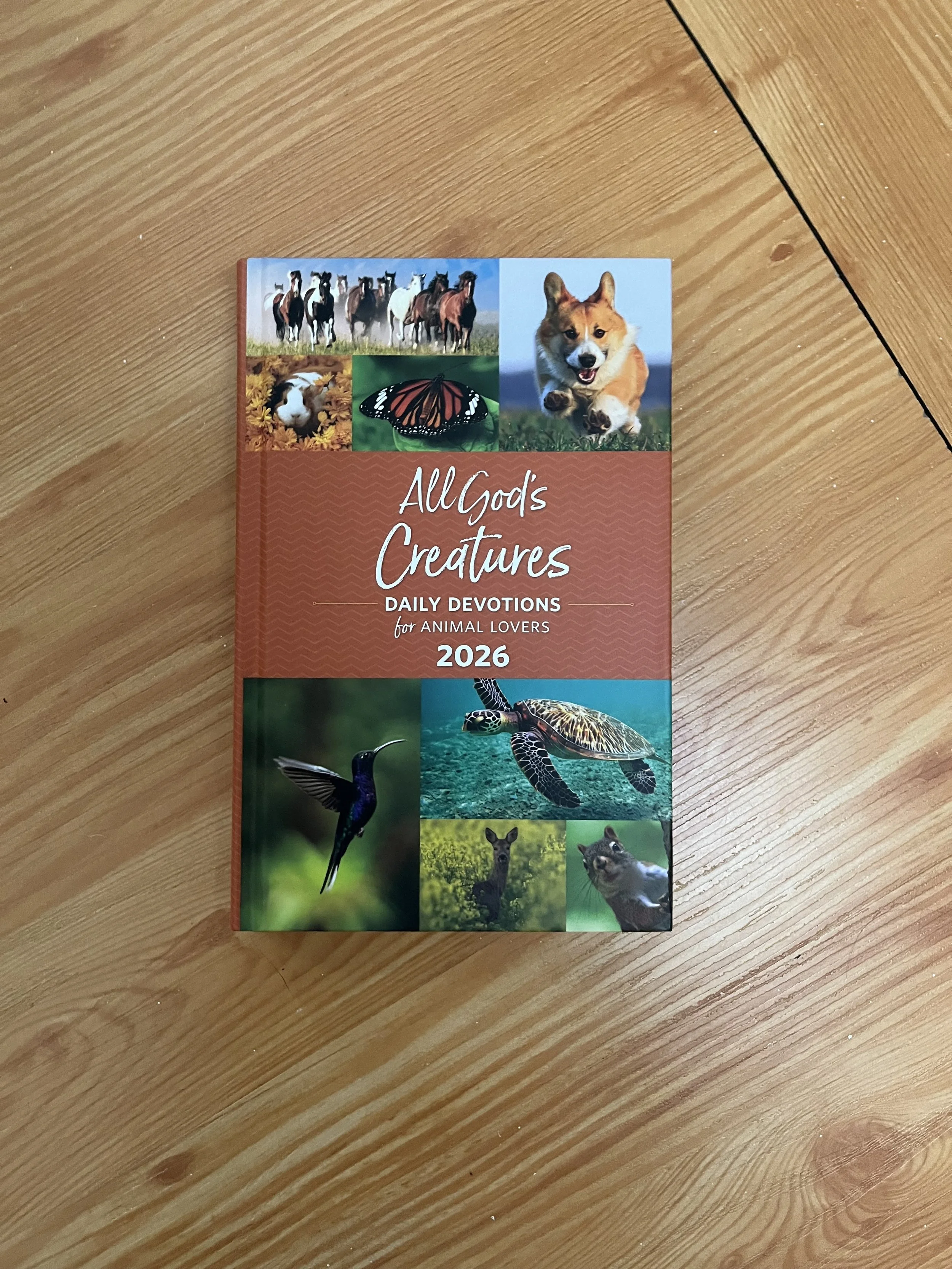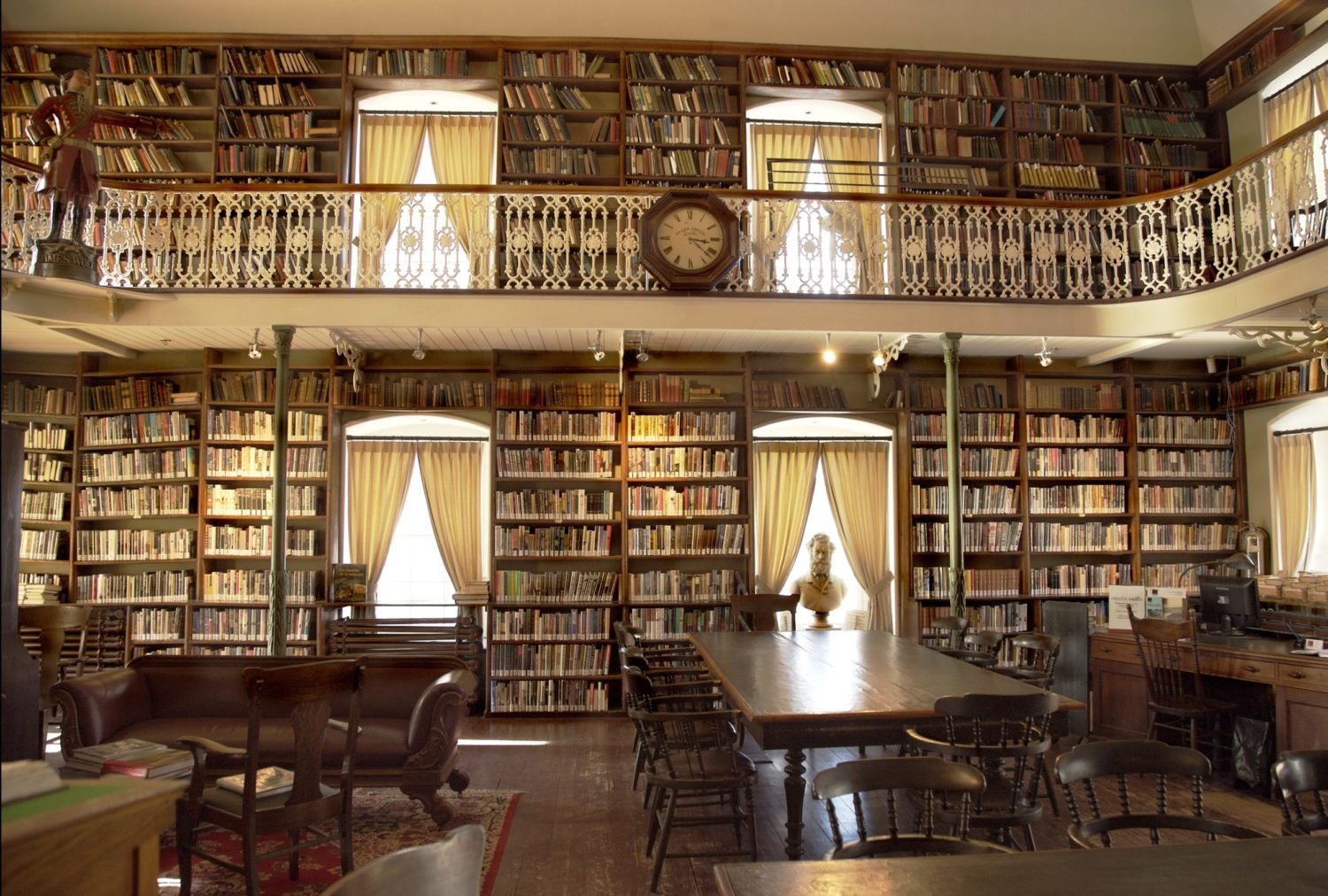Waiting
How are you with waiting?
One would think, we would be better at waiting the older we get. But it seems not so much. Well, at least in my experience of aging parents and, admittedly, my aging self. I seem to be more and more impatient with the “I don’t have time for this” mentality.
I remember in the last decade or so of their lives, my parents and in-laws could be impatient. It was strange because, except for my mother who always seemed a little impatient, the other three seemed to have the patience of Job.
Ask anyone who has had to transport an elderly loved one, and you will get an example of elderly impatience. The process of getting the elderly person in and out of the passenger seat, especially if the elderly person has a walker, rollator, wheelchair or any type of mobility aids, should be the new Olympic sport: one has to park the car; unhook one’s seat belt, double checking that one has pocketed the car keys (getting locked out of the car by a happy-button-pushing passenger does not make for a pleasant experience); run to the back of the vehicle; open the trunk and remove said medical assistive device; unfold and ensure that it is properly set up; wheel it to the passenger side of the car; open door, maneuvering the device in just the right place; lock the wheels (a crucial step- trust me), reach over to unhook elderly person from their seat belt. Then immediately change one’s body movements-slow down your actions (if not, your anxiety will transfer to the situation and the elderly person) and gently help them swing their legs over the side of the car ledge (protecting their head from hitting the top of the door frame) in order to have them stand and transfer to the chair or to place their hands on walker, ready to walk to the entrance of the doctor’s office or store.
This is the ideal set-up when the elderly person sits in the seat waiting for you to open the car door and help them unhook the seat belt.
What generally happens is that the elderly person starts to feel for the door handle as you are turning into the parking spot in order to open the passenger car door as soon as the car stops. “Just wait and I’ll be there to open the door for you in a sec.” you request in a gentle voice. Most times the request goes in one ear and out the other (or maybe just not “heard” at all.) Which then requires you to move through the process at double speed all the time requesting, “just wait, please” until your voice becomes an Ethel Merman bellow, “HOLD ON.”
It always amazed me that the same person who would take for-ev-er to walk from his room in the assisted living wing to the dining room less than thirty feet distance (I would trip over my feet trying to slow down my stride) could be out of the car with feet dangling or upper body dangling (if he forgot to unhook the seat belt) in a matter of seconds.
I kind of wonder- is this another sign of the circle of life or at least the bell curve of life? We start out as impatient infants and we end up as impatient elders with an apex of seemingly rationality in our adult years. There is an interesting 2024 study archived in the National Library of Medicine that seems to conclude that older adults, more so than younger adults are more susceptible to be influenced by the impulse of others. Of course, the researchers note that there are other studies that show quite the opposite. Regardless, it made me think of both my mother and mother-in-law. Both women were strong individuals with strong opinions and were never swayed by others’ opinions. And yet, in their old age, they were influenced by what the other women were doing, wearing, saying in their respective retirement communities. They were impatient to have those experiences. Many a time, I found myself taking one of the parents on an expedition because they had to do something that they had heard the others talking about. I have fond memories of taking my ninety-two year old mother-in-law jeans shopping. She got it in her head, after seeing some of the other residents wearing jeans, to purchase a pair for herself.
In some ways, why not be impulsive and somewhat rash? Time is not on one’s side.
Although, it is not just the young and elderly who are impatient. Most of modern society are more and more impatient and do not want to wait. We have devised ways around the waiting (pay for the express lane or fast pass lines) or ways to be “entertained” while we wait (short videos on Tik-tok/Facebook, etc.) We can blame our smart phones, technology, and social media outlets for causing our impatience and distraction but we seem to not be able to get out of the cycle. The truth is, we have let those tools rule our lives or at least a good part of our days.
Many years ago I went to a talk at our church. The speaker was discussing violence and television shows and the effect on children. There was concern about what to do about it since all the studies concluded that the violence on the television wasn’t good. The response- do more studies. I came home and said to my husband- I don’t think we need more studies. It seemed simple to me- just turn off the telly. Don’t watch the violent shows.
I feel the same way with our ever quickening technologies- they keep pushing us to think, react, and make decisions faster and faster, which doesn’t seem like a sustainable long term plan. Of course, there are situations where the new technology is a God-send to people. But the overall, day-to-day experience is not good in the long run- physically, emotionally, mentally even spiritually. While the modern technology has connected us globally, it also has divided us more-a modern tower of Babel.
This is the Advent season, the season of waiting. Waiting expectantly for the birth of the Messiah- the One to save us from sin and oppression. For those who follow Jesus- we know the story, we know the outcome and we know why we wait. But do we know how?
Do we wait with wonder and awe- that the God of the universe cares so deeply about each one of us, that He came to earth and dwelt among us? To rescue us from sin and death, if only we believe? How do we respond to that? Do we share that Good News with others? Do we wait expectantly for peace and joy, that can only come from God? Is there a place for impatience? Should we be impatient and demanding that justice be done? For those who are lost, to be found? For those who are hungry, to be fed? For those who are marginalized, to belong?
As our priest has challenged us this Advent season- is God waiting for us? During this Advent season, is God waiting and expecting more from us? To be more loving, more kind, more gentle, more merciful? Is God waiting for us to be more patient- with ourselves, our families, our neighbors, even our enemies?
So, how are you at waiting? Are you waiting for God to do something in your life? Are you waiting for a Savior? Is God waiting for you?

